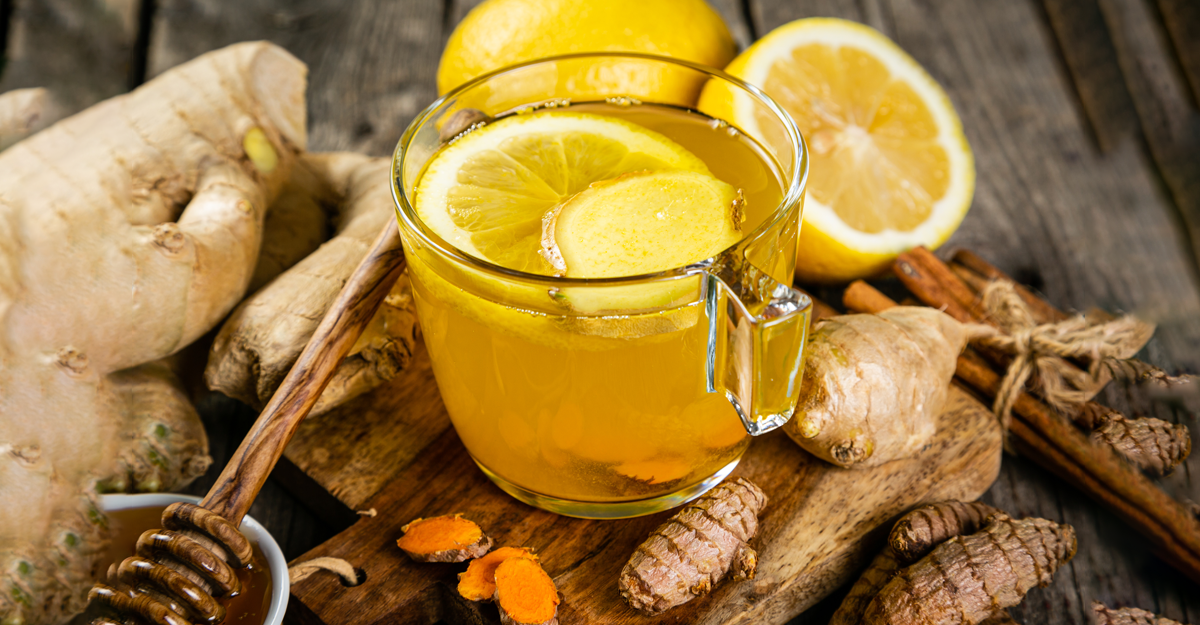
High functioning anxiety and toxic stress are mental health conditions that impact many individuals. People who deal with these conditions may experience symptoms that range from depression and an inability to concentrate to severe physical ailments. They may be able to hold it together for a while, but their mental health will worsen as time goes on.
While therapy and proper care from a physician are recommended, there are some things you can do to help take back your health by eliminating stress from your life and naturally managing symptoms of stress.
Fortunately, a proper diet and lifestyle activities can help minimize stress. This article will examine aging and mental health, explaining how healthy living can promote positive long-term effects.
What Supplements are Best for Reducing Toxic Stress and High Functioning Anxiety?
Various supplements can reduce stress and anxiety. Recommended products include:
- BIOptimizers Magnesium Breakthrough: BIOptimizers produces innovative formulas that help consumers elevate their well-being. Their Magnesium Breakthrough combines all seven forms of magnesium for optimal results. It reduces stress, improves sleep, and enhances immunity, energy, and performance.
- Pure Synergy Zinc Complex: Pure Synergy offers natural products that foster wellness. Their Zinc Complex is an organic food blend that supports mood, cognitive functioning, immunity, eye health, digestive wellness, and reproductive wellbeing.
- NutriDyn Omega Pure EPA 600+: NutriDyn is a provider of science-backed nutritional supplements. Their Omega Pure contains a highly bioabsorbable form of omega-3 that reduces stress and supports immune, cardiovascular, and joint health.
- Doctor Wilson’s Super Adrenal Stress Formula: Doctor Wilson’s offers supplements that support Adrenal Health. Their adrenal health formula contains nutrients that support balanced and healthy adrenal glands, reducing stress.
- Thorne Research Stress B-Complex: Thorne Research is a cutting-edge health and wellness company. Their Stress-B Complex supports healthy adrenal function and combats stress.
Visit the stress support section of the Natural Healthy Concepts website to learn more about products that improve mental well-being.
What is High Functioning Anxiety and Toxic Stress?
Stress and anxiety come in various forms. This article specifically focuses on:
- Toxic stress: This is a prolonged condition that often occurs without adequate support of coping mechanisms. It may be tied to Adverse Childhood Experiences (ACEs), chronic stressors, like food insecurity, poverty, lack of access to healthcare, and racism, and other traumatic effects. The condition can negatively affect physical and mental health and cognitive development. A 2014 review reveals that toxic stress may be treated with an integrative approach, community awareness, and intervention.
- High Functioning Anxiety: This condition occurs in people who are experiencing persistent anxiety but appear to manage daily life effectively. They don’t address their symptoms, leading to burnout, depression, and substance abuse. Common symptoms include perfectionism, people-pleasing, constant worry, and poor physical health.
If symptoms aren’t addressed, they can worsen over time, resulting in an unhealthy relationship between aging and mental health.
Can Proper Nutrition Minimize Stress and Anxiety?
Although medication may be necessary for some individuals, research reveals that nutrition, alongside other all-natural interventions, can improve mental health. The solution lies in the gut-brain axis.
Serotonin and other feel-good neurotransmitters are produced in the gut. When there is an imbalance, it can lead to inflammation that impacts the brain, causing anxiety, depression, and other mental health issues. Eating healthy promotes a balance, reducing emotional duress.
So which foods are best? Harvard Health recommends foods that are rich in:
- Magnesium calms the nervous system and promotes relaxation.
- Zinc supports various brain functions and may relieve depression and anxiety.
- Omega-3s are crucial to brain health and may regulate mood.
- Probiotics promote balance in the gut, positively impacting mental health.
- B vitamins support neurotransmitter production and nervous system function.
Campus Health suggests eating habits that promote mental well-being, such as:
- Eating regularly throughout the day stabilizes glucose levels, improving cognitive performance.
- Consuming vegetables that are rich in various vitamins and minerals can increase stress resilience.
- Avoiding caffeine, which increases blood pressure and can make you prone to anxiety.
Engaging in healthy physical activities can further improve mental health. For example, exercise boosts serotonin, reducing stress and enhancing emotional well-being. Stress-reducing techniques like meditation and deep breathing improve mindfulness, so you live in the moment and don’t stress as much about the past and future.
Conclusion
Toxic stress and high functioning anxiety are the norm for many people. Good nutrition can help. The right combination of a healthy diet, potent supplements, and physical activity can support emotional well-being, so you feel better overall.
Natural Healthy Concepts is your source for natural stress-relieving supplements. We offer effective products that can help you reach your wellness goals. Browse our website or book a free consultation with one of our practitioners to determine the best emotional support for your needs.
FAQs
How can women handle stress?
Research reveals that stress often has a bigger impact on women than men due to societal pressures and hormonal changes. Various supplements, including adaptogens, magnesium, and herbal products, can help women handle stress. Ashwagandha, valerian, and maca root are recommended.
Does 5-HTP reduce anxiety and depression?
5-HTP is a precursor to the feel-good chemical serotonin. It boosts serotonin to improve mood. It may also enhance sleep, aid in weight management, and reduce migraine frequency.
How does aging affect mental health?
Aging and mental health have a direct relationship. Older people are at a greater risk of developing mental health conditions due to chronic illness and isolation. Additionally, emotional health can worsen over time if issues are not addressed. However, there is no evidence that aging itself is a risk factor for depression.
How do you recover from high functioning anxiety?
Effective coping strategies include mindfulness, meditation, setting realistic expectations, establishing boundaries, and engaging in physical exercise.
How do you treat toxic stress in adults?
Toxic stress can be treated through intervention and early support, therapeutic approaches like CBT and trauma-focused therapy, creating a stable and nurturing environment, building resilience, and implementing self-care practices.
* These statements have not been evaluated by the Food and Drug Administration. The products mentioned are not intended to diagnose, treat, cure, or prevent any disease.




